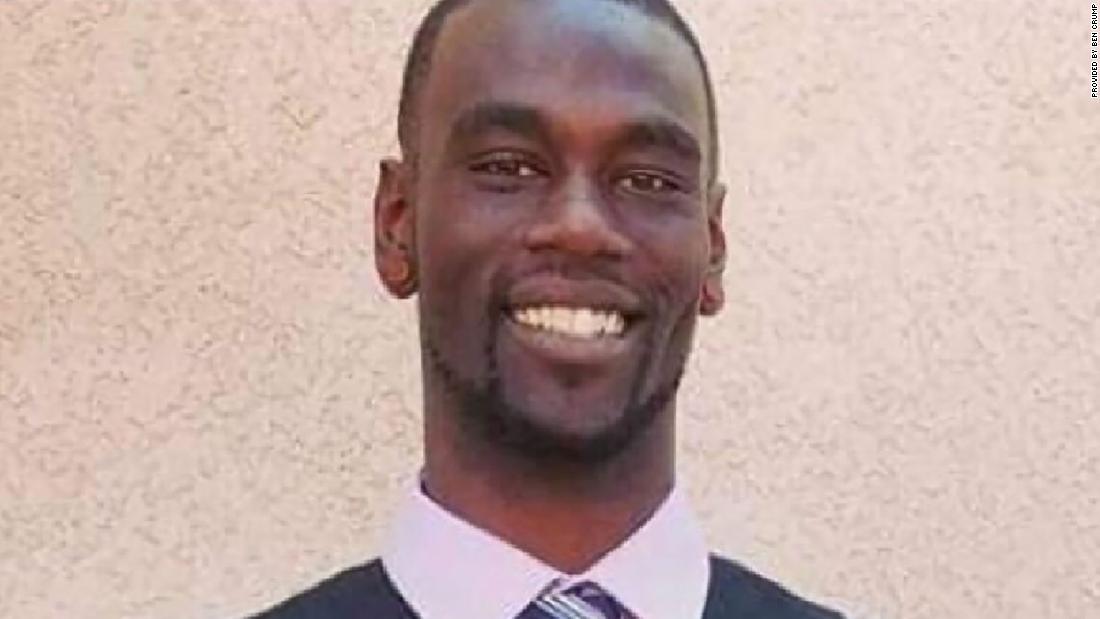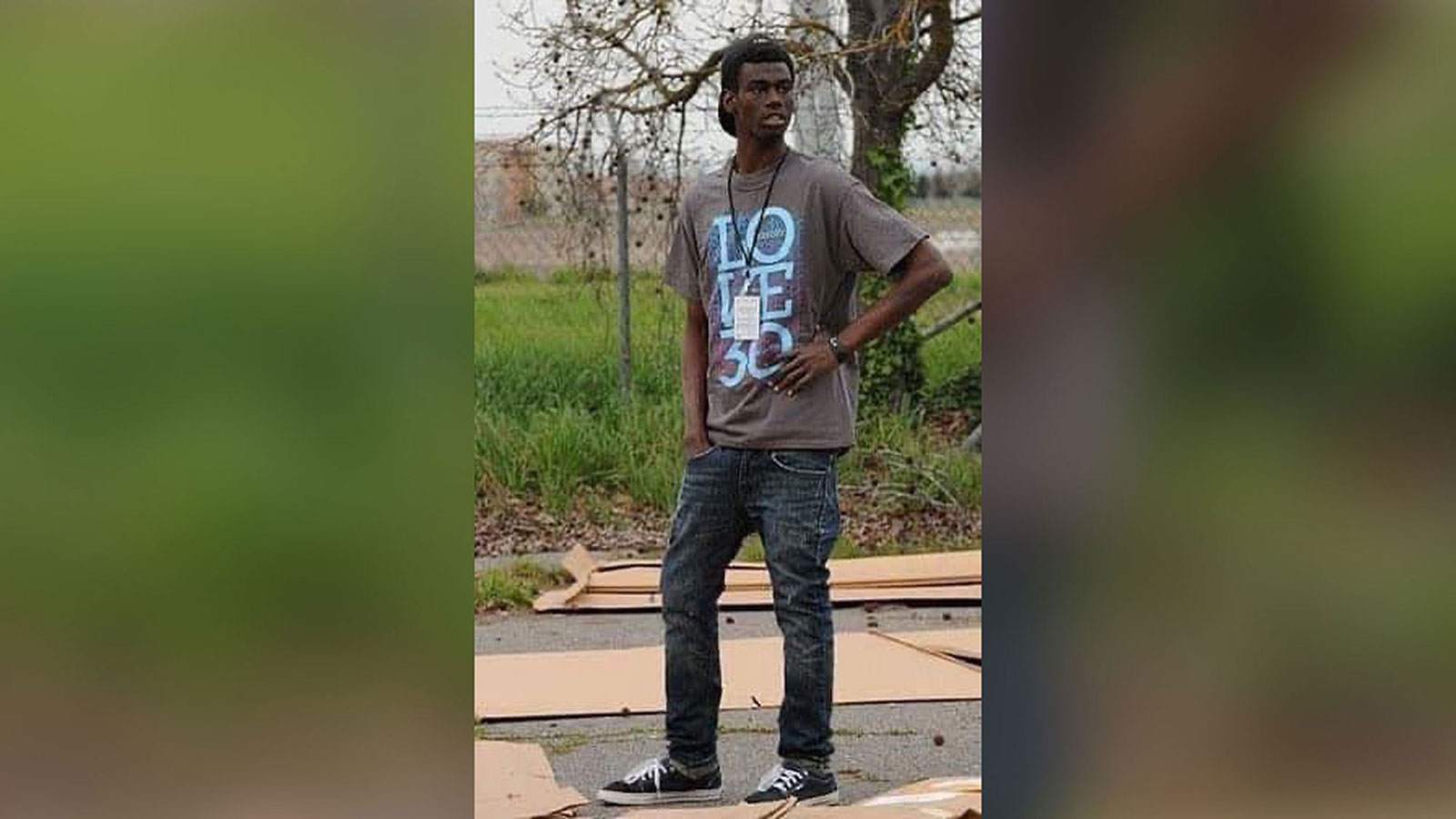

It’s been almost three weeks since a traffic stop in Memphis led to a violent arrest and, three days later, the death of the 29-year-old Black driver.
Tyre Nichols was hospitalized after he was pulled over on January 7, police have said. Five Memphis Police Department officers, who also are Black, were fired after an internal investigation and are facing criminal charges, including second-degree murder charges.
Key questions remain unanswered as the nation – already vigilant of how police treat people of color, especially following the mass protests of 2020 – waits for police to release footage of the incident. The video footage will be released sometime after 6 p.m. CT on Friday, officials said.
Here’s what we know — and still don’t know about Nichols’ death:
The police “confrontation”: On January 7, around 8:30 p.m., Memphis officers pulled over a vehicle for suspected reckless driving, according to a statement from Memphis police.
“A confrontation occurred” between officers and the vehicle’s driver – later identified as Nichols – who then fled on foot, according to Memphis police. Officers apprehended him and “another confrontation occurred,” resulting in Nichols’ arrest, police said.
It’s not clear what about his driving might have appeared reckless, how far Nichols fled on foot, who was involved in the initial police encounter, how officers apprehended him, how long these “confrontations” lasted, why officers felt compelled to confront Nichols twice and where exactly this happened.
At a Thursday news conference, Shelby County District Attorney Steve Mulroy said there was an “elapsed period of time” in getting medical help for Nichols when he was injured during a traffic stop by Memphis police officers.
Nichols’ death: On January 10, three days after the stop, the Tennessee Bureau of Investigation announced Nichols had died due to injuries sustained in the “use-of-force incident with officers,” according to a statement.
Nichols suffered “extensive bleeding caused by a severe beating,” according to preliminary results of an autopsy commissioned by attorneys for his family.
CNN has asked Crump for a copy of the autopsy commissioned by the family, but he said the full report is not yet ready. Officials have also not released Nichols’ autopsy.
Who was Tyre Nichols? Nichols was the baby of his family, the youngest of four children and he loved being a father to his son, his family said.
He was a “good boy” who spent his Sundays doing laundry and getting ready for the week, his mother, RowVaughn Wells, said.
Nichols moved to Memphis before the Covid-19 pandemic and got stuck there when things shut down, his mother said.
When he wasn’t working the second shift at FedEx, Nichols enjoyed photography and skateboarding, something he had been doing since he was 6.
Nichols had Crohn’s disease, a digestive issue, and was a slim 140 to 145 pounds despite his six-foot-three-inch height, his mother said.
What police have said since the incident: On January 18, the Department of Justice said a civil rights investigation was opened into Nichols’ death. The Memphis police chief condemned the actions of officers involved.
“This is not just a professional failing. This is a failing of basic humanity toward another individual,” Chief Cerelyn Davis said in a YouTube video Wednesday, her first on-camera comments about the arrest that preceded Nichols’ death.
Family and attorneys have seen footage of the incident: Family attorneys did watch the video on Monday and described it as “heinous.” Nichols was tased, pepper-sprayed and restrained, Benjamin Crump said, and compared it to the Los Angeles Police beating of Rodney King in 1991. Crump described the video as “appalling,” “deplorable” and “heinous.”
